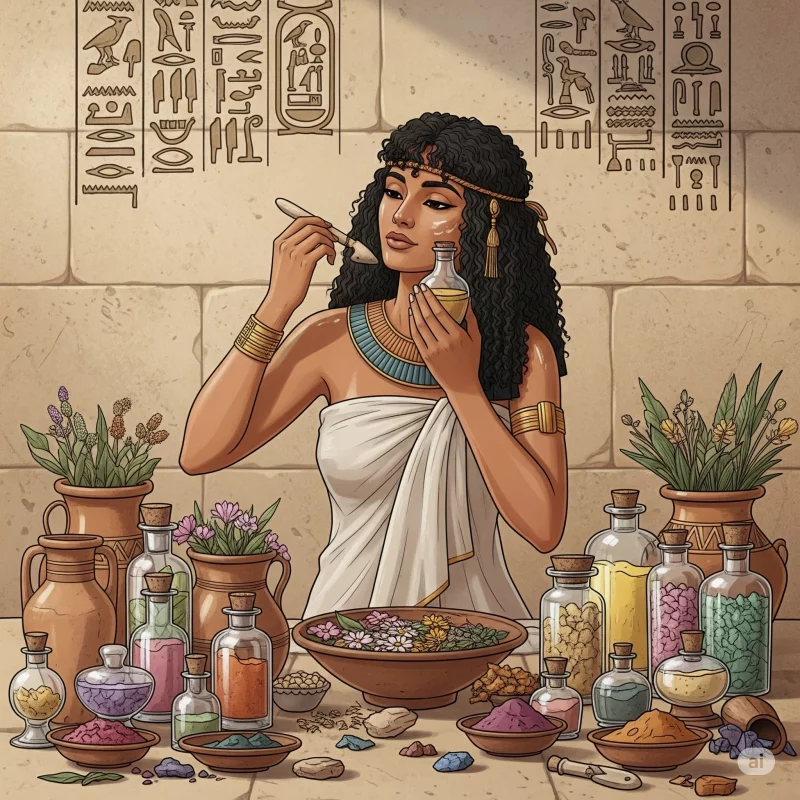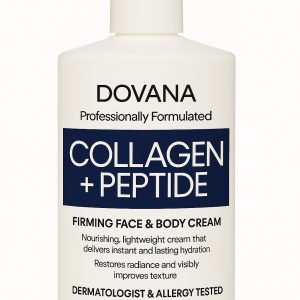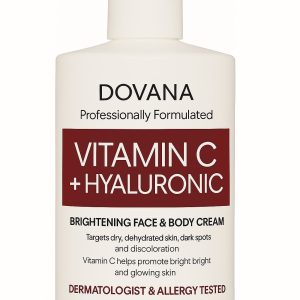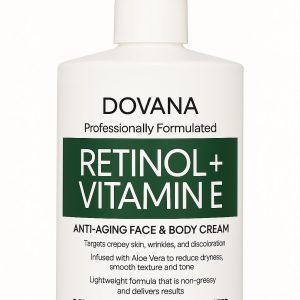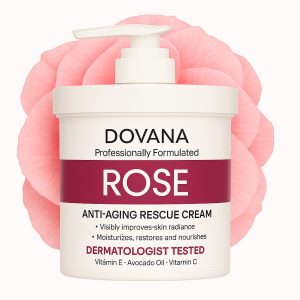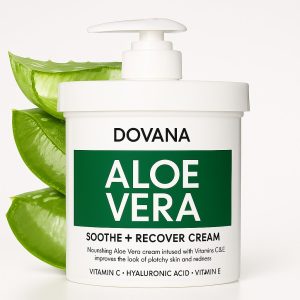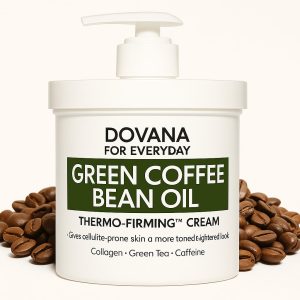Egyptian Body care
Egyptian Body care
From Desert Sands to Silken Skin: Unveiling the Secrets of Ancient Egyptian Body Care
The ancient Egyptians, masters of art, architecture, and advanced civilization, also possessed a sophisticated understanding of bodily well-being. In a scorching desert climate, maintaining healthy, hydrated, and fragrant skin was not just a luxury but a necessity, deeply intertwined with their concepts of hygiene, purity, and spiritual reverence. This detailed article explores the fascinating world of Ancient Egyptian body care, highlighting the remarkable use of natural body care product ingredients that formed the bedrock of their holistic rituals. We’ll also examine the modern resurgence of these practices within Egypt’s booming organic and natural Egyptian body care products sector.
Body Care as a Pillar of Daily Life
For the ancient Egyptians, the body was a temple, to be cherished and maintained for both earthly comfort and a prosperous afterlife. Daily ablutions and elaborate anointing rituals were commonplace across all social strata. From the grand baths of royalty to simple cleansing rituals in homes, body care was an integral part of their daily routine. Ancient papyri, tomb paintings, and archaeological discoveries offer invaluable insights into their meticulous practices, revealing a profound knowledge of botanicals and minerals. Their approach was comprehensive, encompassing cleansing, moisturizing, exfoliating, and perfuming, a philosophy that continues to resonate in modern body care routines.
Nature’s Embrace: Key Ancient Egyptian Body Care Ingredients
The ancient Egyptians expertly utilized the abundant natural resources of their land, along with exotic ingredients obtained through trade, to create effective and luxurious body care solutions. Here’s an in-depth look at some of their most prized ingredients:
1. Natron: The Ancient Cleanser and Purifier
A naturally occurring mineral salt (sodium carbonate), natron was fundamental to ancient Egyptian hygiene, used extensively for both embalming and personal cleansing.
- Benefits: When mixed with water, natron formed a paste that acted as a gentle abrasive. It was used as a precursor to soap, effectively cleansing the skin by removing dirt, sweat, and impurities. Its mild alkaline properties helped to neutralize body odors and provided a subtle exfoliating action, leaving the skin feeling clean and refreshed. This rudimentary yet effective natural body cleanser was crucial for maintaining hygiene in a hot climate.
2. Oils (Moringa, Olive, Castor, Almond): The Essence of Hydration and Protection
Various plant-based oils were central to Egyptian body care, providing deep hydration, protection from the sun, and a base for perfumes.
- Moringa Oil (Behen Oil): Highly prized and often called “liquid gold,” moringa oil was extensively used for its exceptional moisturizing and protective qualities. Rich in antioxidants and essential fatty acids, it deeply nourished the skin, preventing dryness and helping to maintain its elasticity. Its stability also made it an excellent base for infusing with other fragrant botanicals. This ancient natural body moisturizer was key to supple skin.
- Olive Oil: A readily available and versatile oil, olive oil was used for both cleansing and moisturizing the entire body. Its emollient properties helped to create a protective barrier against the harsh environment, while its rich antioxidant content, particularly Vitamin E, helped to combat free radical damage and promote healthy skin cell regeneration. It was a foundational natural body emollient.
- Castor Oil: Known for its thick consistency, castor oil was used to soften the skin, especially on areas prone to dryness like elbows and knees. Its humectant properties helped to draw moisture into the skin, making it more pliable and smooth.
- Almond Oil: Valued for its lightweight feel and nourishing properties, almond oil was used for general body moisturizing, leaving the skin soft and with a subtle sheen. It’s rich in vitamins, particularly Vitamin E, contributing to skin health and youthful appearance.
3. Honey: The Sweet Elixir for Soft Skin
Beyond its culinary uses, honey was a treasured ingredient in ancient Egyptian body care due to its remarkable skin-loving properties.
- Benefits: Honey is a powerful natural humectant, meaning it draws moisture from the air and locks it into the skin, providing intense hydration. Its antibacterial and anti-inflammatory properties made it excellent for soothing minor skin irritations and promoting overall skin health. Used in body masks or as an additive to baths, honey left the skin feeling incredibly soft, smooth, and supple. It was a beloved natural body hydrator.
4. Milk (Donkey’s Milk): The Ultimate Soothing Bath
The legendary baths of Cleopatra, often cited as being filled with donkey’s milk, highlight its perceived benefits for skin.
- Benefits: Milk contains lactic acid, a natural Alpha Hydroxy Acid (AHA). When used in baths, the lactic acid provides gentle exfoliation, helping to dissolve dead skin cells and reveal smoother, brighter skin. This subtle chemical exfoliation contributed to the famed radiant complexion of the Egyptians. The proteins and fats in milk also provided deep nourishment and a soothing effect, making it an exquisite natural body exfoliant and softener.
5. Dead Sea Salts and Mud: Mineral-Rich Detox and Rejuvenation
The mineral-rich waters and mud of the Dead Sea, accessible through trade routes, were highly valued for their therapeutic properties.
- Benefits: Dead Sea salts and mud are exceptionally concentrated with over 21 minerals, including magnesium, calcium, potassium, and zinc. These minerals were believed to offer profound benefits for the entire body:
- Detoxification and Cleansing: The mud, applied as a body mask, would draw out impurities and toxins from the skin, while the salts provided a natural exfoliation, sloughing off dead skin cells and promoting circulation.
- Soothing and Healing: Minerals like magnesium and bromide have anti-inflammatory properties, making them beneficial for soothing skin conditions like eczema or muscle aches.
- Skin Rejuvenation: Minerals like zinc and sulfur are crucial for cell regeneration and maintaining skin elasticity, contributing to a more youthful and toned appearance. These mineral-rich body treatments offered a complete body overhaul.
6. Fragrant Resins (Frankincense and Myrrh): Scent and Healing
These precious aromatic resins, used extensively in religious ceremonies and embalming, also played a significant role in body perfumery and therapeutic applications.
- Benefits: Frankincense and myrrh were not only used for their captivating fragrances but also for their purported healing properties. Frankincense was believed to rejuvenate skin cells and improve skin tone, while myrrh possessed strong antiseptic and anti-inflammatory qualities, making them valuable additions to body salves and anointing oils. Their use transformed body care into a truly sensory and spiritual experience, creating ancient natural body perfumes and healing balms.
7. Lapis Lazuli and Malachite: Pigments with Potential Benefits
While primarily used as pigments for cosmetics and eye makeup, the minerals themselves might have contributed subtle benefits. Lapis lazuli (a vibrant blue) contains sulfur, and malachite (a green copper carbonate) contains copper.
- Potential Benefits (Speculative): In modern contexts, sulfur is used for its antiseptic properties, and copper is valued for its role in collagen production and antioxidant defense. While the Egyptians may not have understood the precise chemical benefits, their intuition for using these natural minerals in contact with the skin might have offered incidental advantages.
The Rise of Organic and Natural Body Care Products in Egypt’s Cosmetics Sector
The ancient Egyptian legacy of natural body care is experiencing a profound revival in contemporary Egypt. There’s a rapidly growing demand for organic and natural body care products among Egyptian consumers, reflecting a global shift towards mindful consumption and wellness. This surge is fueled by:
- Increasing Health Consciousness: Consumers are more aware of the potential long-term effects of synthetic chemicals in conventional products, leading them to seek out chemical-free body care solutions.
- Embracing Cultural Heritage: There’s a renewed pride in Egyptian beauty traditions and a desire to connect with the wisdom of their ancestors, leading to an embrace of time-tested natural ingredients.
- Sustainability and Ethical Sourcing: A growing concern for environmental impact and ethical practices is driving consumers towards eco-friendly body care products and brands that prioritize sustainable body care.
- Booming Local Entrepreneurship: A vibrant ecosystem of small and medium-sized Egyptian businesses is emerging, dedicated to crafting high-quality natural body care brands. These entrepreneurs often leverage local, potent ingredients like those used in antiquity, producing everything from handcrafted soaps and bath salts to luxurious body oils and scrubs. They are spearheading the movement for non-toxic body care in Egypt.
These modern brands often emphasize transparency, showcasing ingredients like cold-pressed oils, Dead Sea minerals, and botanical extracts, all free from parabens, sulfates, and artificial fragrances. This perfectly aligns with the ancient Egyptian philosophy of deriving wellness directly from nature.
Conclusion: A Legacy of Radiance
The ancient Egyptians left an indelible mark on history, not least through their sophisticated and holistic approach to body care. Their meticulous use of natural body care product ingredients allowed them to maintain a level of hygiene and skin health that was remarkable for their time. As modern consumers increasingly seek organic body care and embrace sustainable practices, the timeless wisdom of ancient Egypt serves as a powerful inspiration. By re-engaging with these age-old secrets, we can rediscover the simple yet profound power of nature to achieve radiant, healthy, and beautifully cared-for bodies, honoring a legacy that continues to shine brightly through the millennia.

